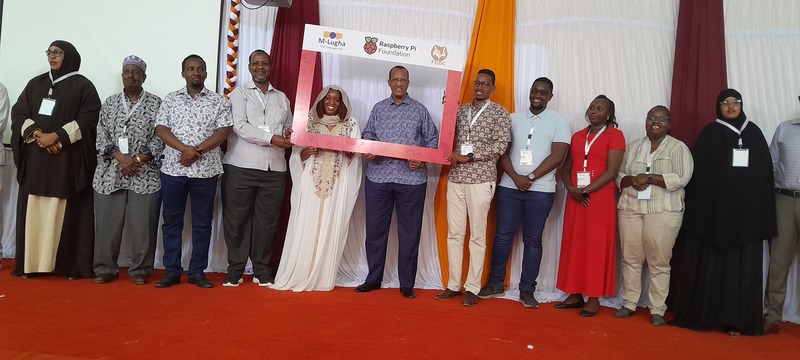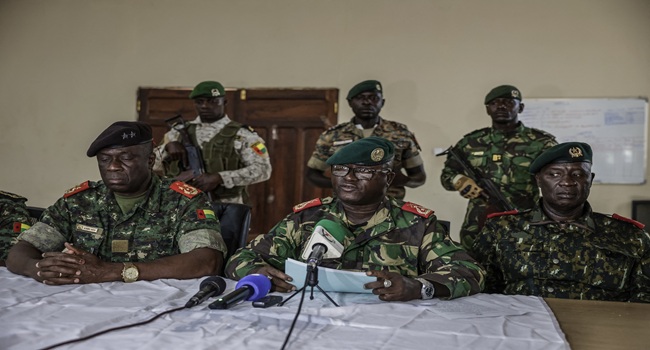Pilot project for digital literacy launched in Garissa, targets frontier counties

Garissa Governor Nathif Jama emphasised the critical importance of digital literacy in the region and thanked the sponsors for making the summit possible.
A pilot project for a digital literacy program in Kenya's frontier counties has been launched in Garissa, focusing on the future of education technology in these regions.
The summit, held at Garissa University, gathered policymakers, education technology practitioners, educators, researchers, and representatives from Kenyan Frontier Counties. Organised by EdTech East Africa and other partners, the summit aimed to improve education delivery through technology.
More To Read
- How AI is reshaping education across Africa
- Marsabit launches Desert Stars Hub to drive innovation, climate resilience
- Garissa Governor Nathif Jama sounds alarm over Dadaab crisis at IGAD conference
- Apple to unveil next-generation devices powered by new M5 chip
- Ex-Garissa Governor Ali Korane joins UDA, secures clan backing for 2027 gubernatorial race
- Quba Mosque reopens after Garissa Governor Nathif Jama, SUPKEM broker peace
Garissa Governor Nathif Jama, who attended the event, emphasised the critical importance of digital literacy in the region. He thanked the sponsors for making the summit possible and highlighted the significance of introducing technology to young learners.
"As chair of the ASAL counties in the Council of Governors, I appreciate all partners who continue to empower communities through technology. This initiative is a significant milestone in ensuring that people in the region gain the necessary knowledge and skills to thrive in the digital age, ultimately creating employment opportunities and fostering economic growth," he said.
The governor noted that the ED Tech Summit comes at a crucial time when Garissa and other Frontier Counties Development Council (FCDC) counties are investing in digital learning. Garissa, in particular, is working on internet connectivity, ICT labs, digital hubs in the sub-counties, and GIS implementations, which will be launched in the coming week.
The pilot project for digital literacy aims to reach up to 14,000 school children in Northern Kenya, providing them with access to computing lessons for the first time and equipping them with essential digital skills for the future.
The initiative will be delivered by the Raspberry Pi Foundation in partnership with the Frontier Counties Development Council (FCDC) and M-Lugha Foundation. Thousands of school children aged 8-14 years in eight counties will benefit from computing lessons, significantly boosting digital skills in the country's arid areas.
The program will align with the National Competency-Based Curriculum (CBC). Key terms will be translated into Somali, Borana, Turkana, and other local languages to support understanding, with the M-Lugha Foundation leading project delivery across the eight counties.
"We are thrilled to partner with FCDC and M-Lugha Foundation in this exciting project to ensure young people in these communities have access to high-quality computing lessons and resources, supported by the latest research," said Wariara Waireri of the Raspberry Pi Foundation.
"The curriculum has been specially adapted for Northern Kenya so it feels more relevant to the students' lives, providing them with vital skills for the future," she added.
Abdinoor Ali Mahdi, the founder of the M-Lugha Foundation, said they will be training teachers in the eight frontier counties who will, in turn, train learners in digital skills.
"M-Lugha offers literacy-based solutions, translation services, and early childhood education for adults. We understand the region's lack of teachers, and we are bridging the gap using digital learning skills," he said.
He explained the importance of M-Lugha for schools in rural areas, noting that it can be used within a 100-meter radius with KICD-approved content. This content can be downloaded for future use, playing a significant role in areas with a shortage of teachers, such as the northeastern region.
Top Stories Today














































